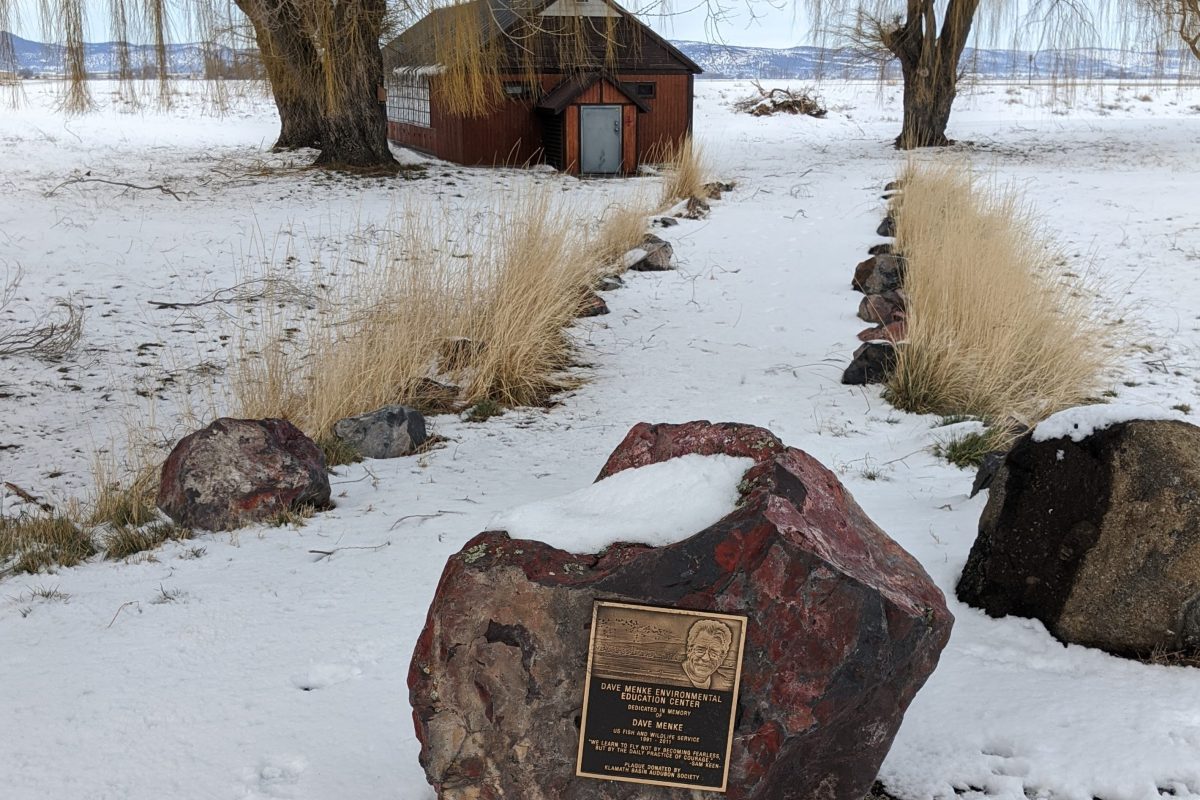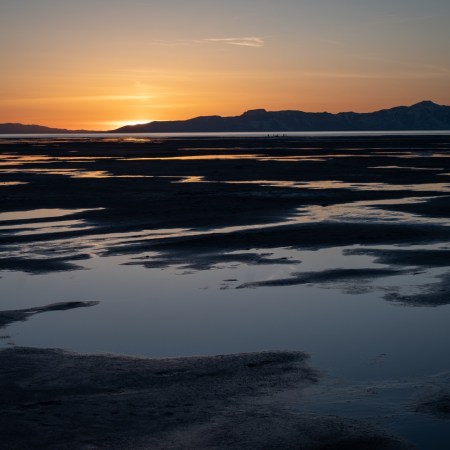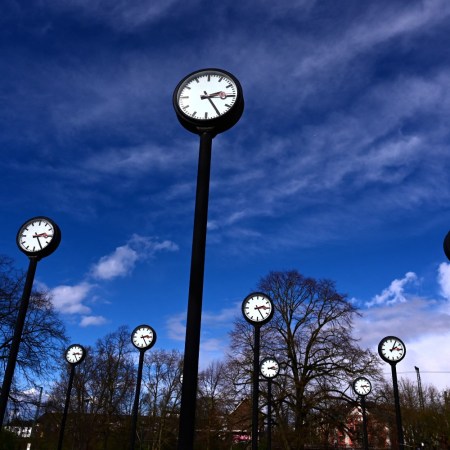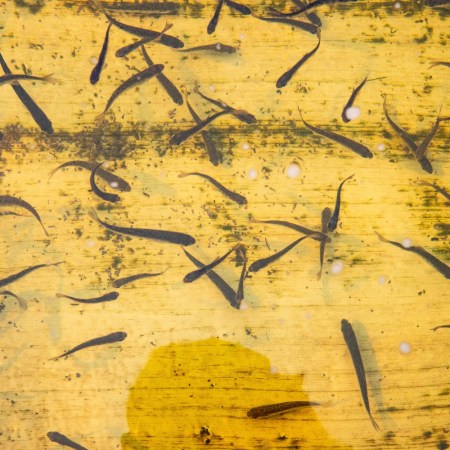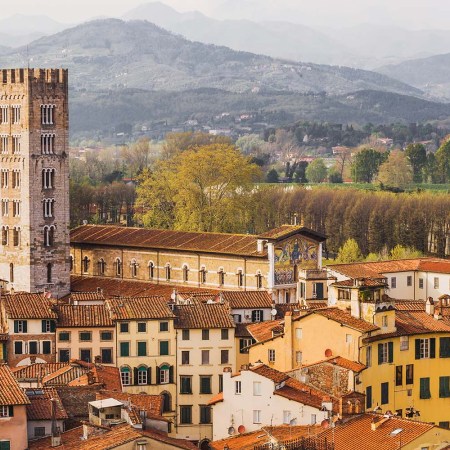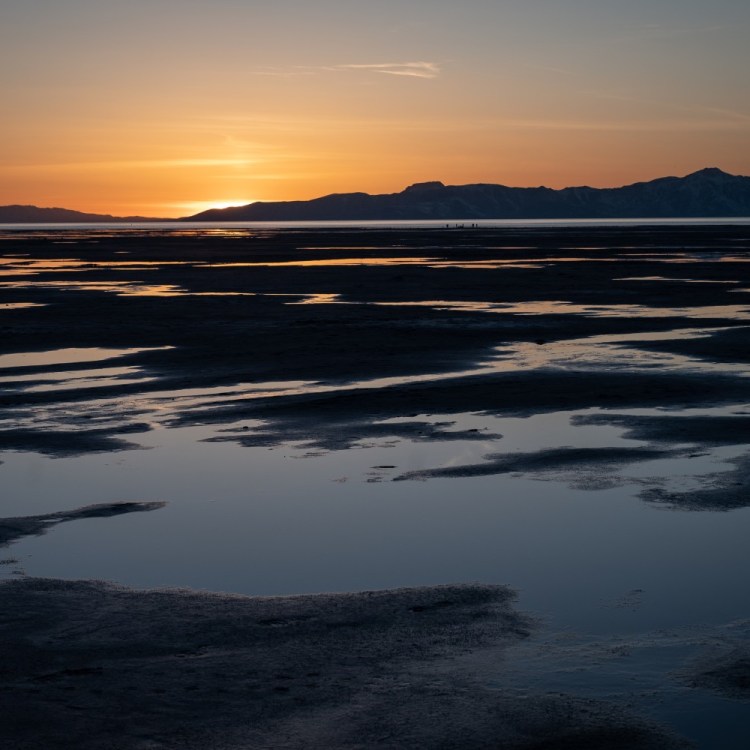As we become more aware of how the environment affects us on a daily basis — and of humanity’s impact on the environment — the role of environmental education is hard to minimize. It offers people of all ages a way to see how humans interact with the natural world — sometimes on a local level and sometimes on a global one. The Chesapeake Bay Trust’s statement on environmental education offers a clear statement of its importance:
Environmentally literate students go on to be environmentally responsible community members who are more likely to adopt and support environmentally responsible behaviors and projects which accelerates the restoration and protection of our natural resources.
Like so many other education programs, environmental education has suffered during the current pandemic. Because it involves an up-close perspective on the environment, it doesn’t translate as well to distance or online learning as some other forms of instruction. In a new article at Smithsonian Magazine, Drew Higgins explores the challenges currently facing environmental education.
The article opens with the permanent closure of the Rancho El Chorro Outdoor School, which had been open for the previous 49 years, educating students about the ecological systems around them. Responsible for its closure? A significantly reduced budget for the local school district as a result of COVID-19.
On its own, this would be alarming. But Rancho El Chorro may be indicative of a much larger trend. Higgins cites the results of a recent survey by the University of California, Berkeley’s Lawrence Hall of Science. Of the 1,000 environmental education centers and similar entities surveyed, 63 percent were uncertain about whether or not they would reopen. Among the most adversely affected are residential outdoor science schools.
The situation described in Higgins’s article is an alarming one for many people concerned with the environment — and how the younger generation will grow up to view it.
Subscribe here for our free daily newsletter.
Thanks for reading InsideHook. Sign up for our daily newsletter and be in the know.
